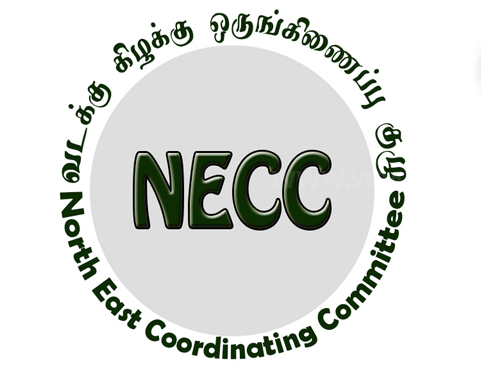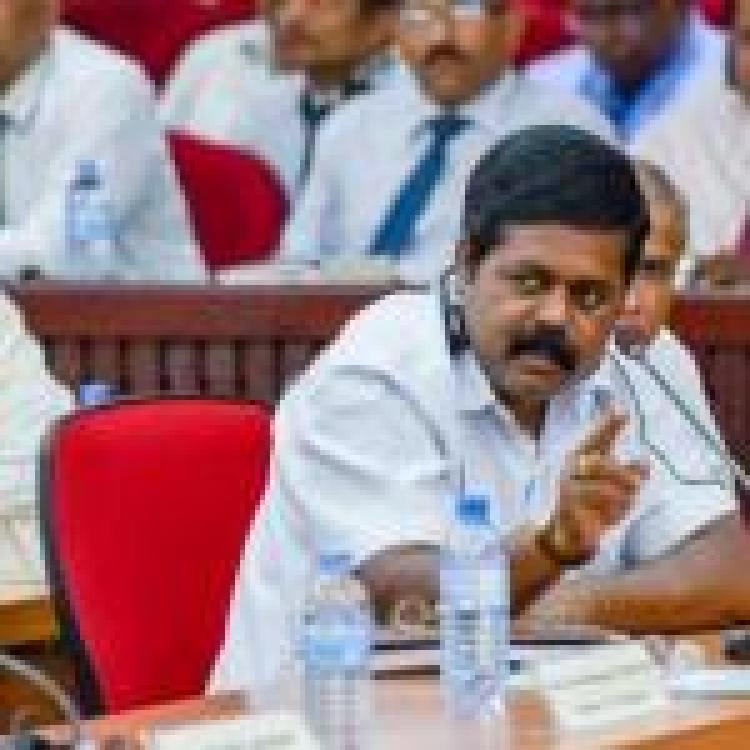
The North-East Coordination Committee has presented a set of 11 demands aimed at ensuring the permanent devolution of power to the North-East.
The announcement was made during a press conference on January 25, where the Coordinator of the North-East Coordination Committee urged all Tamil political parties to give immediate attention to these demands. The committee emphasized the historical significance of the leadership election within the Ilankai Tamil Arasu Katchi (ITAK) and stressed the importance of moving away from politics that could isolate the Tamil nation and hinder international recognition. They called for the evolution of Tamil national politics with modern intellectual principles, fostering good relations among the Tamil, Muslim, and Sinhalese communities in the North-East.
Particular attention was drawn to the responsibility of maintaining transparent relations with the Muslim population who also consider the North-East their homeland, and Sinhalese people who have been living in the border villages of the North-East for many decades.
The committee underscored the necessity of changing societal thinking by challenging outdated norms such as Northern hegemony that centers Jaffna, regionalism, religious animosity, caste oppression, and patriarchy. They urged all Tamil political parties, including Ilankai Tamil Arasu Katchi, to adopt a basic principle of building a socially egalitarian thought for a strong and scientifically-minded Tamil nation.
Highlighting the interwoven lives of the descendants of Malaiyaha Tamils who resettled in the North-East by the Sri Lankan state, they highlighted that the Malaiyaha Tamil people become a crucial element of the landscape in the North-East. The committee called on Tamil political leaders to act responsibly to preserve this bond.
A critical concern raised was the lack of inclusivity in Tamil political parties, with limited participation from women and youth. The committee urged parties to transform into people-oriented entities by increasing membership and embracing progressive democratic ideas.
Amid diaspora influences in Tamil politics, the committee emphasized the importance of reflecting the interests of those rooted in the North-East homeland. They reiterated the need for a collective stance against state racism.
The final demand called for unity among all Tamil political parties, drawing parallels with the success of the African National Congress in South Africa to end apartheid.
The committee asserted that these demands, including the pursuit of self-determination for the Tamil people in the North-East, should be immediately considered by all Tamil political parties to address the evolving political landscape.


